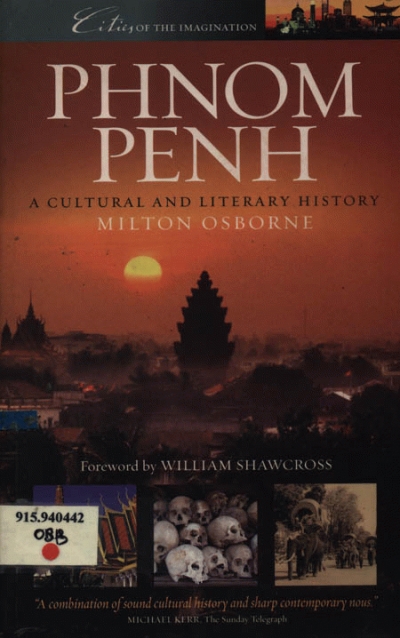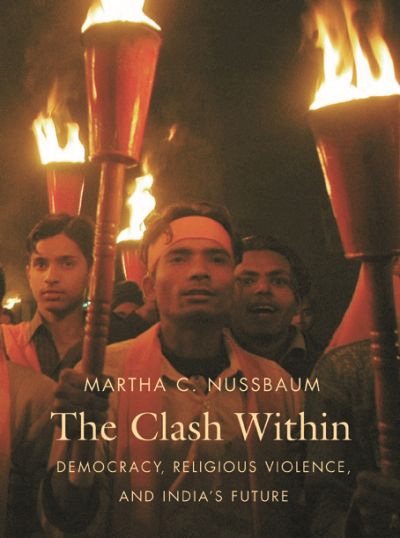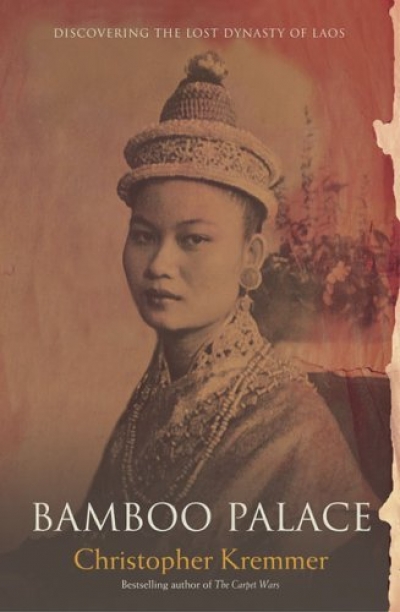As the Ernst Freund Distinguished Service Professor of Law and Ethics at the University of Chicago, Martha Nussbaum’s confident intensity is underpinned by a dazzling range of scholarship – politics history, psychoanalysis, economics, development studies, constitutional law, archaeology, comparative religion, comparative ethnology, pedagogy, gender studies, ethics – all focused in this book on intellectually annihilating a particular minority, the Hindu religious right in India and its supporters in the United States. Nussbaum’s personal background explains her fervour. Her mother’s family descend from the Mayflower, her father was a conservative Southern lawyer, and the family lived the secure life of Philadelphia’s main line. Martha rejected these satisfactions: ‘I was ill at ease with my elite WASP heritage.’ She became involved in the civil rights movement, and converted to Judaism when she married a Jewish linguist whom she met in a class on Greek prose composition. ‘I had an intense desire to join the underdogs and to fight for justice in solidarity with them.’
...
(read more)



